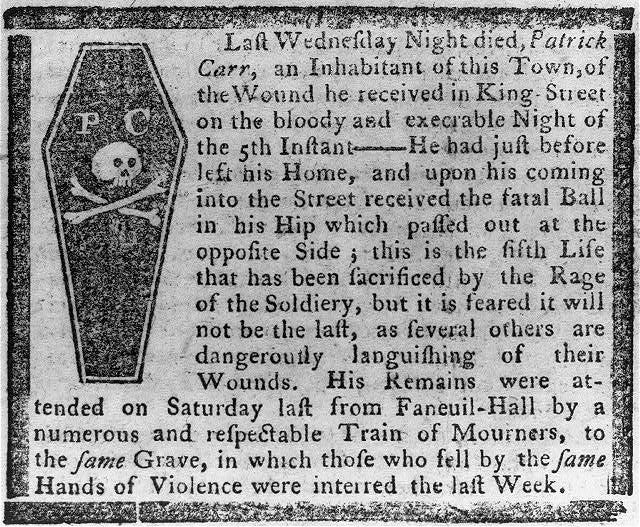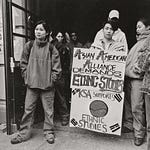
Content warning: Because this episode is about obituary writing, it contains discussions of death and self-harm. It may not be appropriate for everyone.
As I confess in this episode, when I open the newspaper in the morning, I turn to the obituaries first. It’s not because I’m getting older, although I am. It isn’t because I’m morbid, fascinated by death, or even worried about my own exit from the planet. It’s because I’m a historian. Obituaries are integral to my work. Is there a collection of letters and memorabilia I want to peek at? Is this a life that should be in whatever book I am writing?
But also, obituaries are a form of historical writing, 1200-to-1500-word narratives that not only illuminate a life but also often illuminate our century. This is why I asked my friend Clay Risen, an obituaries reporter at the New York Times, to come on the show to talk about obituary writing as a historical genre. Clay is a political historian and a prolific writer. In addition to writing about whiskey, he is the author of The Crowded Hour: Theodore Roosevelt, the Rough Riders and the Dawn of the American Century, a New York Times Notable Book of 2019, and a finalist for the Gilder Lehrman Prize in Military History; A Nation on Fire: America in the Wake of the King Assassination (2014), and The Bill of the Century: The Epic Battle for the Civil Rights Act (2009).
Find out more about Clay and his work here.
Program notes:
The deaths memorialized in the opening waterfall were those of literary giant Toni Morrison, career FDNY firefighter and 9/11 first responder Lawrence Stack, NBA star Kobe Bryant, New York City businesswoman Ivana Trump, Ottawa college student Teslin Russell, Oakland dentist Lili Xu, and David Crosby.
You can read Clay’s obituary of Marion Smith, “the world’s most prolific cave explorer,” here.
For the range of obituaries that appear in the New York Times, you might want to read Marvin Siegal, ed. The Last Word: The New York Times Book of Obituaries and Farewells: A Celebration of Unusual Lives (William Morrow & Company, 1997).
Clay emphasizes that obituaries are historical writing: New York Times editor and reporter Erica Ackerman has created a lesson plan for teachers to assign an obituary as an assignment.
Amy Padnani created “The Overlooked Project,” which addresses the New York Times’ past biases by creating obituaries of people who were not seen as significant by the paper at the time of their deaths. You can read about the project here and listen to Padnani talk about the project here.
Clay’s obituary of Ivana Trump from July 2022 is available here.
You can download this podcast here or subscribe for free on Apple iTunes, Spotify, Google Podcasts, or Soundcloud. Do you use another service? Let me know in the comments, and I will submit it to them. And if you liked this episode, please:
If you, or someone you know, is struggling with self-harm, you can call the National Suicide Prevention Lifeline at 800-273-TALK (8255), 24 hours a day.













Share this post